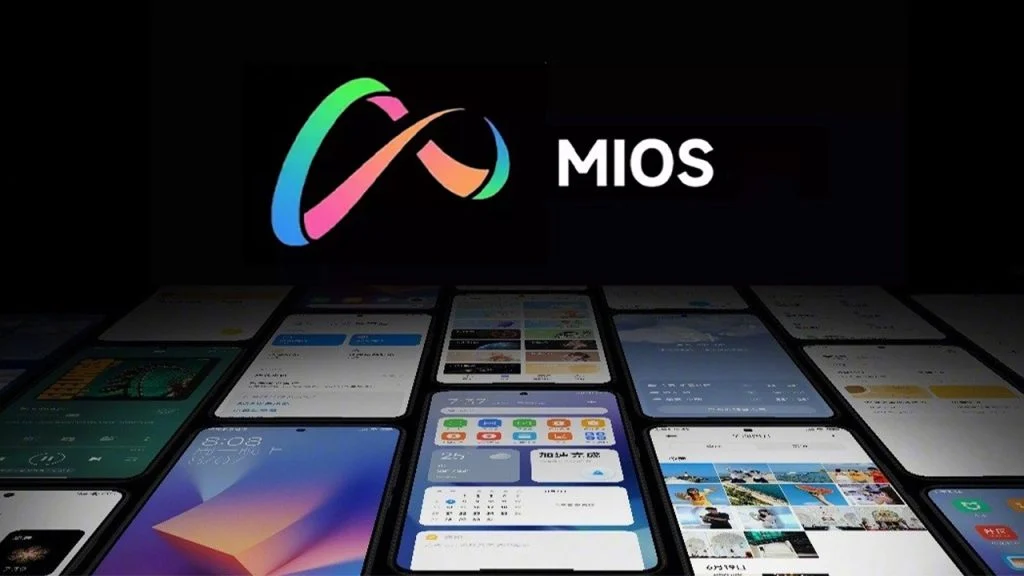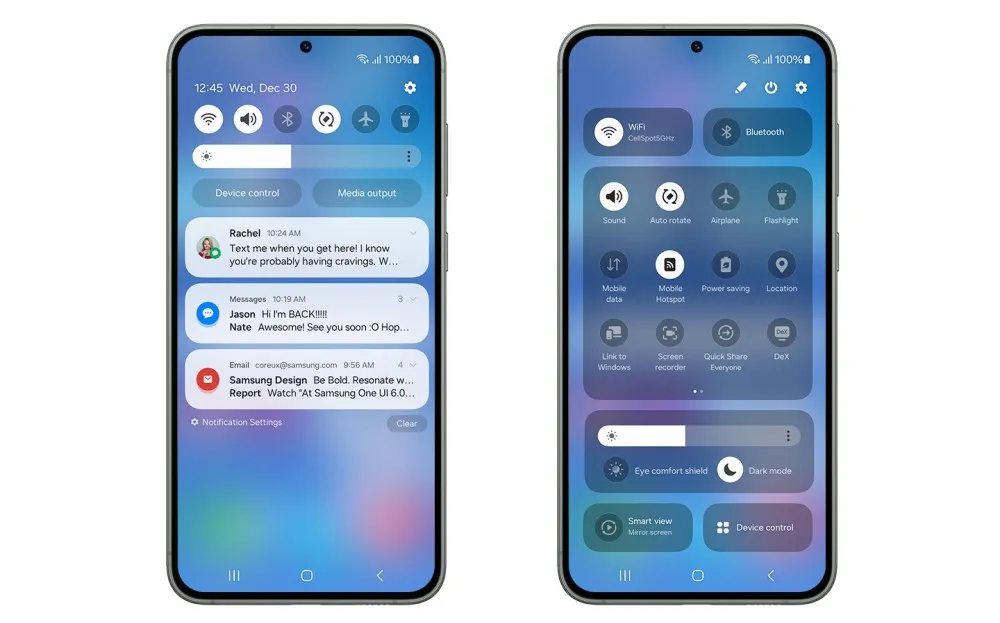Huawei Develops New Operating System: HarmonyOS NEXT
Huawei, the Chinese tech giant, is making waves in the world of operating systems with its latest development: HarmonyOS NEXT. Unlike previous Huawei systems, HarmonyOS NEXT will not support Android apps, marking a significant departure from the norm.
Adopting their own Harmony kernel as the foundation for HarmonyOS NEXT is another notable change for Huawei. This move sets it apart from the common Linux kernel, which serves as the basis for many operating systems, including Android.
A Risk Worth Taking
While this change poses a significant risk for Huawei, it is undoubtedly motivated by the challenges the company has faced due to global politics. HarmonyOS NEXT is Huawei’s solution to these problems and its attempt to make its mark in the competitive world of operating systems.
Enhanced Efficiency and Performance
According to Huawei, HarmonyOS NEXT is three times more efficient than Linux. This translates to smoother operation and better resource utilization across different devices, such as smartphones, wearables, and smart home devices. The “heterogeneous native” mechanism is a key feature of this efficiency, optimizing performance across various hardware configurations.
CEO’s Insights
Yu Chengdong, the CEO of Huawei’s Consumer Business Group, highlights that their system, known as Hongmeng in Chinese, is built on fully developed technology by Huawei itself. This makes it highly adaptable to a wide range of devices.
Top-Level Security
HarmonyOS NEXT has reportedly received the industry’s highest security certifications, ensuring kernel-level security. This provides reassurance to users concerned about the safety of their devices and data.
A Strategic Move
The development of HarmonyOS NEXT is part of Huawei’s larger strategy to build its own independent infrastructure. By doing so, the company aims to reduce reliance on external systems and maintain control over its technology. Additionally, Huawei is keeping up with modern trends by incorporating built-in AI features in the operating system, offering smarter and more efficient services.
Uncertain Future
The success of HarmonyOS NEXT remains uncertain. Its fate will depend on factors such as support from app developers, compatibility with different apps, and user acceptance. Only time will tell if Huawei’s bold move will pay off in the highly competitive operating system market.
Overall, Huawei’s development of HarmonyOS NEXT marks a significant shift in the company’s approach to operating systems. With its enhanced efficiency, top-level security, and built-in AI features, HarmonyOS NEXT has the potential to become a formidable competitor in the industry.


